The world's most beautiful theatre, and the visionary who created it with manual labour 'plus a few sticks of dynamite'
Kate Green tells the story of the extraordinary Minack Theatre, carved by hand into a Cornish cliffside.

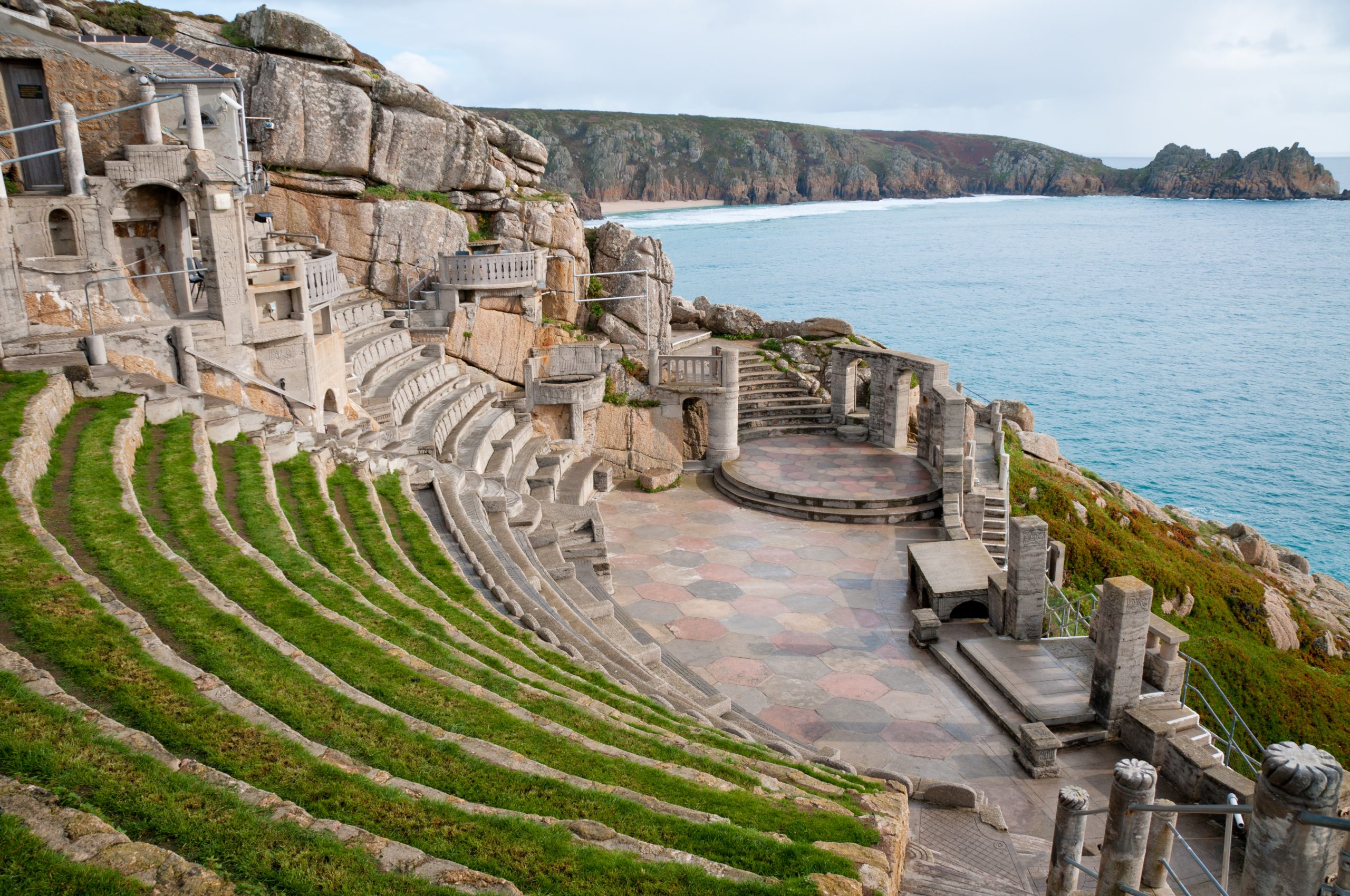
The storm scene that opens Shakespeare’s The Tempest has on occasions been all too real for audience and players at the Minack Theatre, the astonishing amphitheatre hewn into a steep, westerly Cornish cliff.
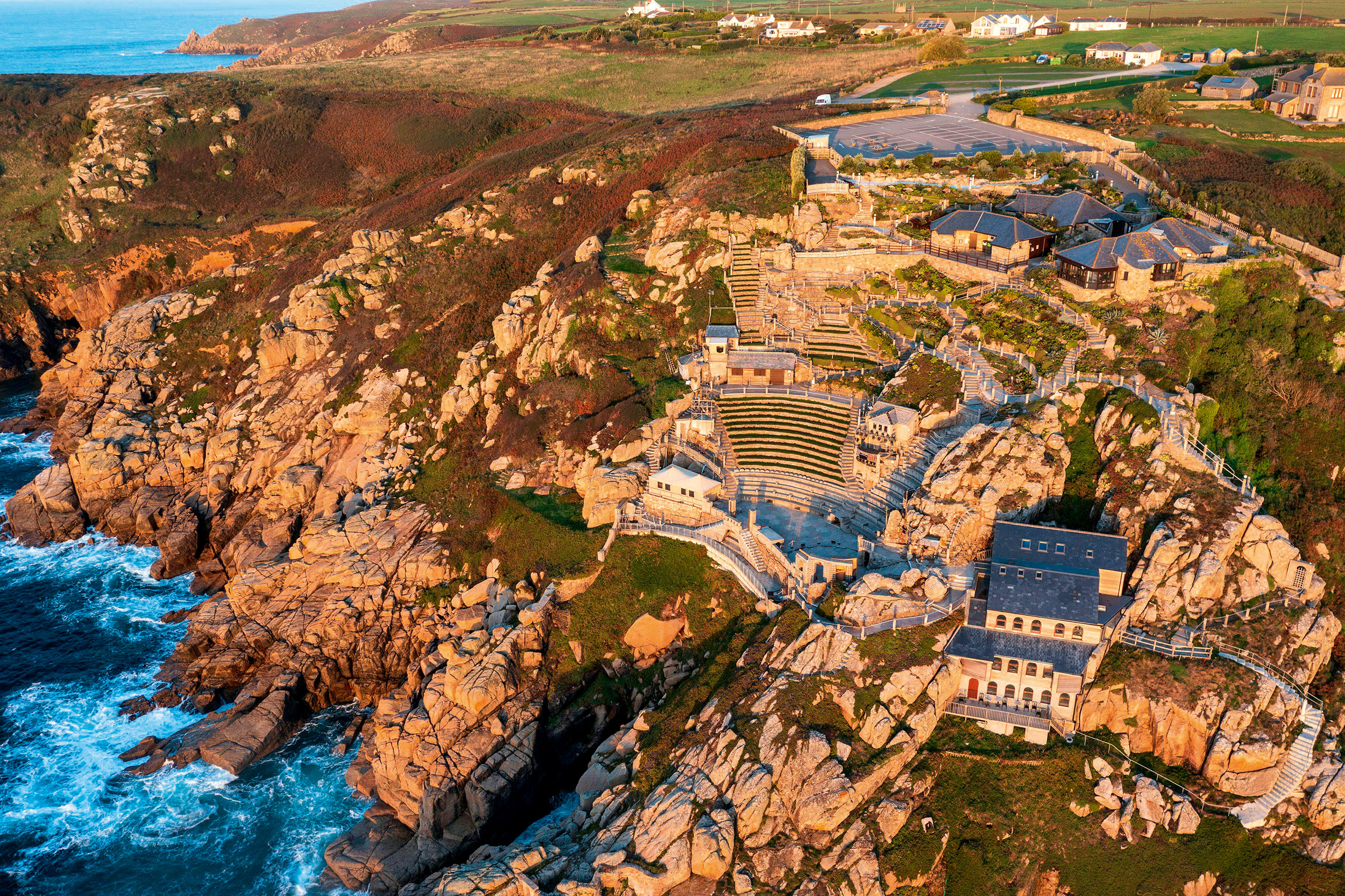
It was the vision of Rowena Cade (1893–1983), who moved to Lamorna after the First World War and bought the entire Minack headland (Minack is from meynek, Cornish for ‘rocky place’) for £100.

She offered to create for a local amateur-dramatic company a theatre in which to stage The Tempest. The resulting landmark, a wonder of the West Country, was built by hand — and with ‘the odd stock of dynamite’ — chiefly by Cade’s gardener, Billy Rawlings, who cut up boulders ‘much as the English cut butter’.
She recalled: ‘Most were handled into position inch by inch with bars, on the slippery slope, where a careless step would have meant a 90ft fall into the churning sea.’ Not bad for a girl from a privileged background in Cheltenham.
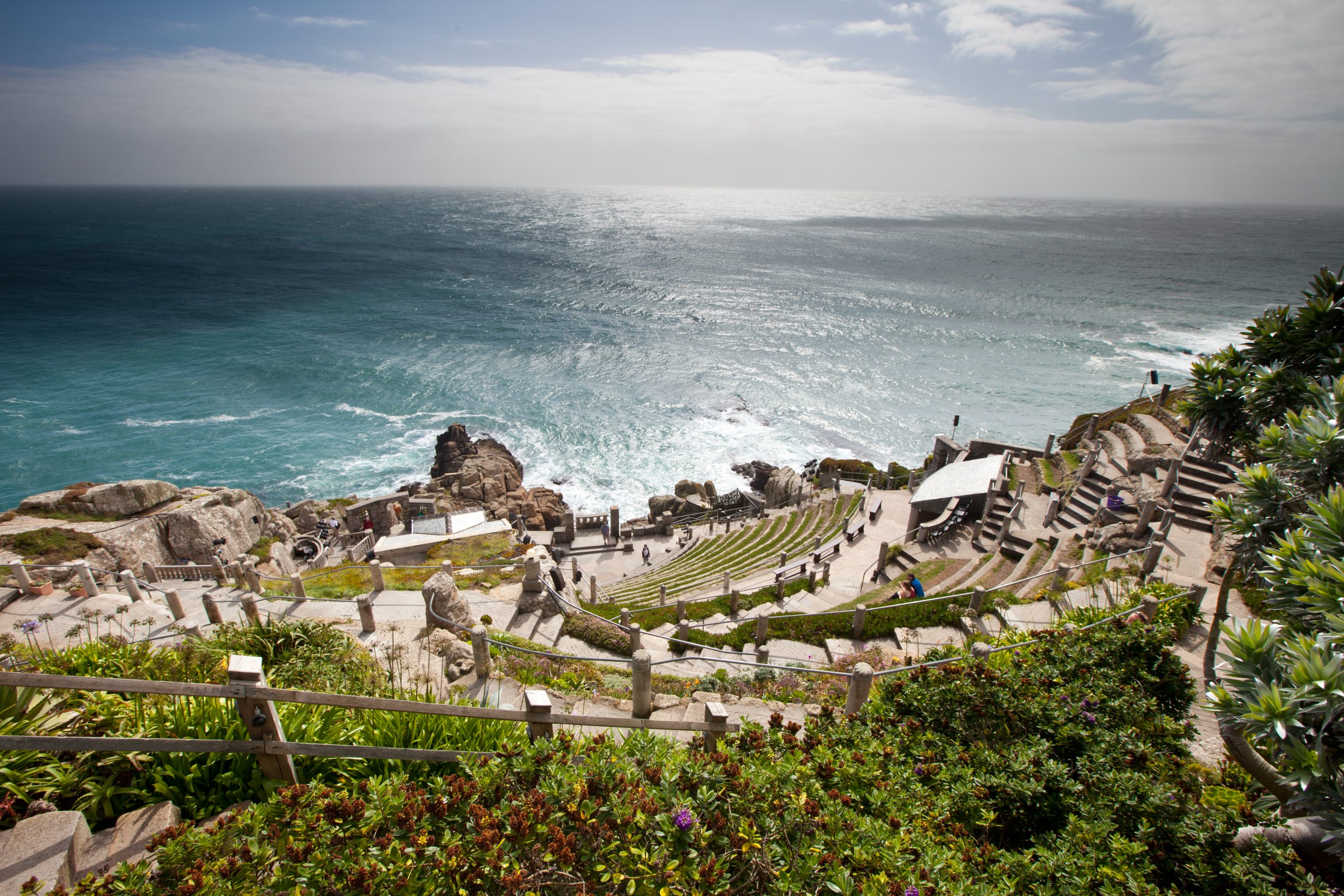
The first performance was in 1932, the stage lit by car headlights; today, renowned actors from across the world come here to perform, and they're generally entranced by the experience.
'When you’re on stage, there’s a wall of people in front of you — it feels like the audience goes on into the sky,' the Spanish actor Guido Garcia Lueches told The Guardian a couple of years ago. He'd seen it online, but the reality still took his breath away: 'When you arrive and see it yourself, it’s like, "Oh wow, this is insane." It’s probably the best theatre I’ve ever performed in.'

Cade, who carved artistic designs into the concrete with the tip of a screwdriver, continued to work on the theatre right up until her death, just shy of her 90th birthday. She was remarkably tough, once carrying a dozen 15ft beams up from the beach to build a dressing room.
Exquisite houses, the beauty of Nature, and how to get the most from your life, straight to your inbox.
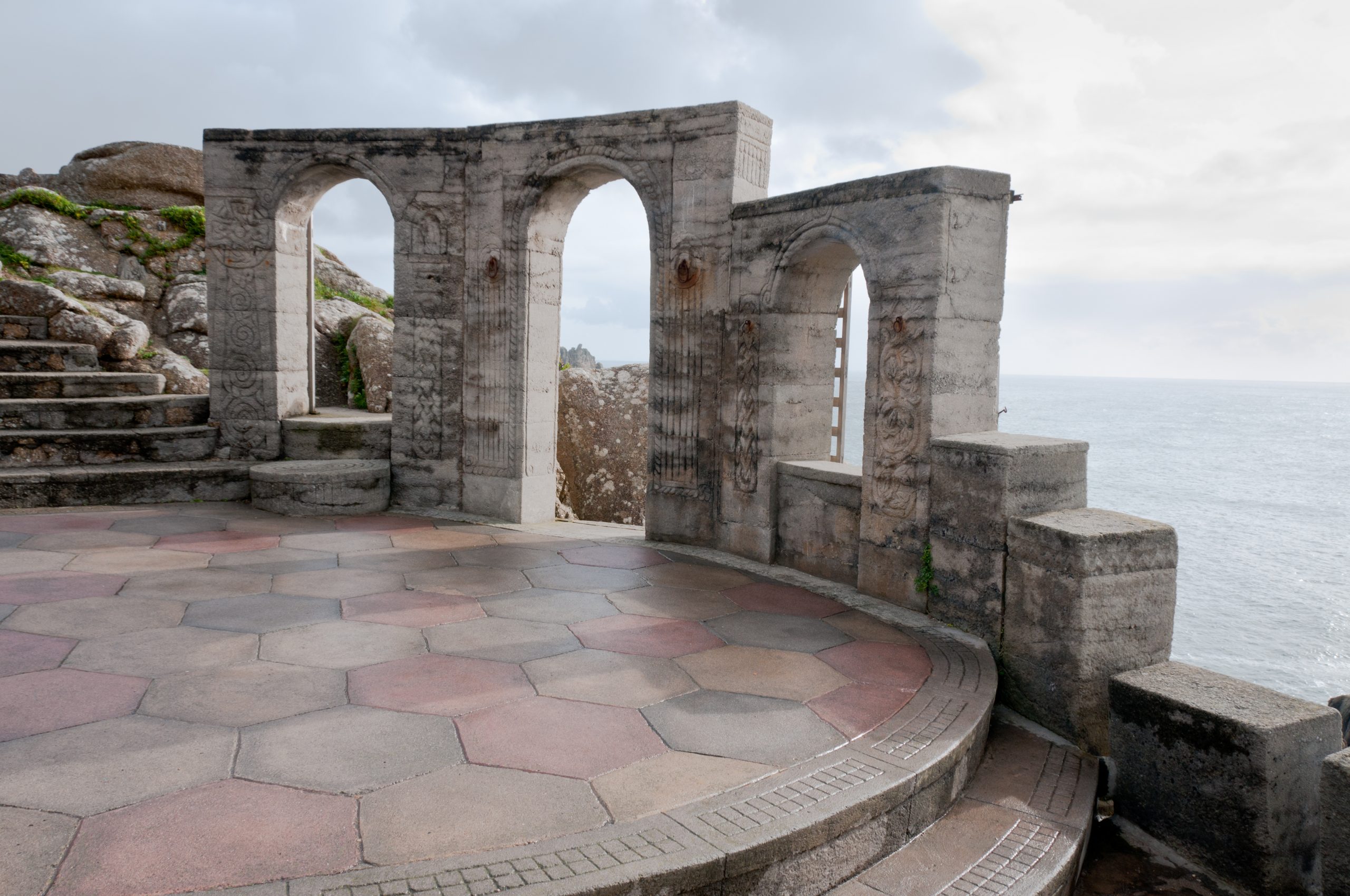
The beams in question had a dubious provenance: not so much off the back of a lorry as off the back of a cargo ship. They had fallen off a Spanish freighter, but customs men searching for the timber didn’t pursue their disappearance because they didn’t believe this slight woman could have lifted them.
Cade gave the Minack to a charitable trust in 1976, seven years before she died — but her spirit will never be forgotten here. As the Minack's official website notes, 'a granite plaque half way down the theatre marks her achievement, but her true memorial is found in every stone and every vista.'
The 2024 season includes As You Like It, London Assurance, Love’s Labour’s Lost and The French Lieutenant’s Woman; you can book tickets at www.minack.com.
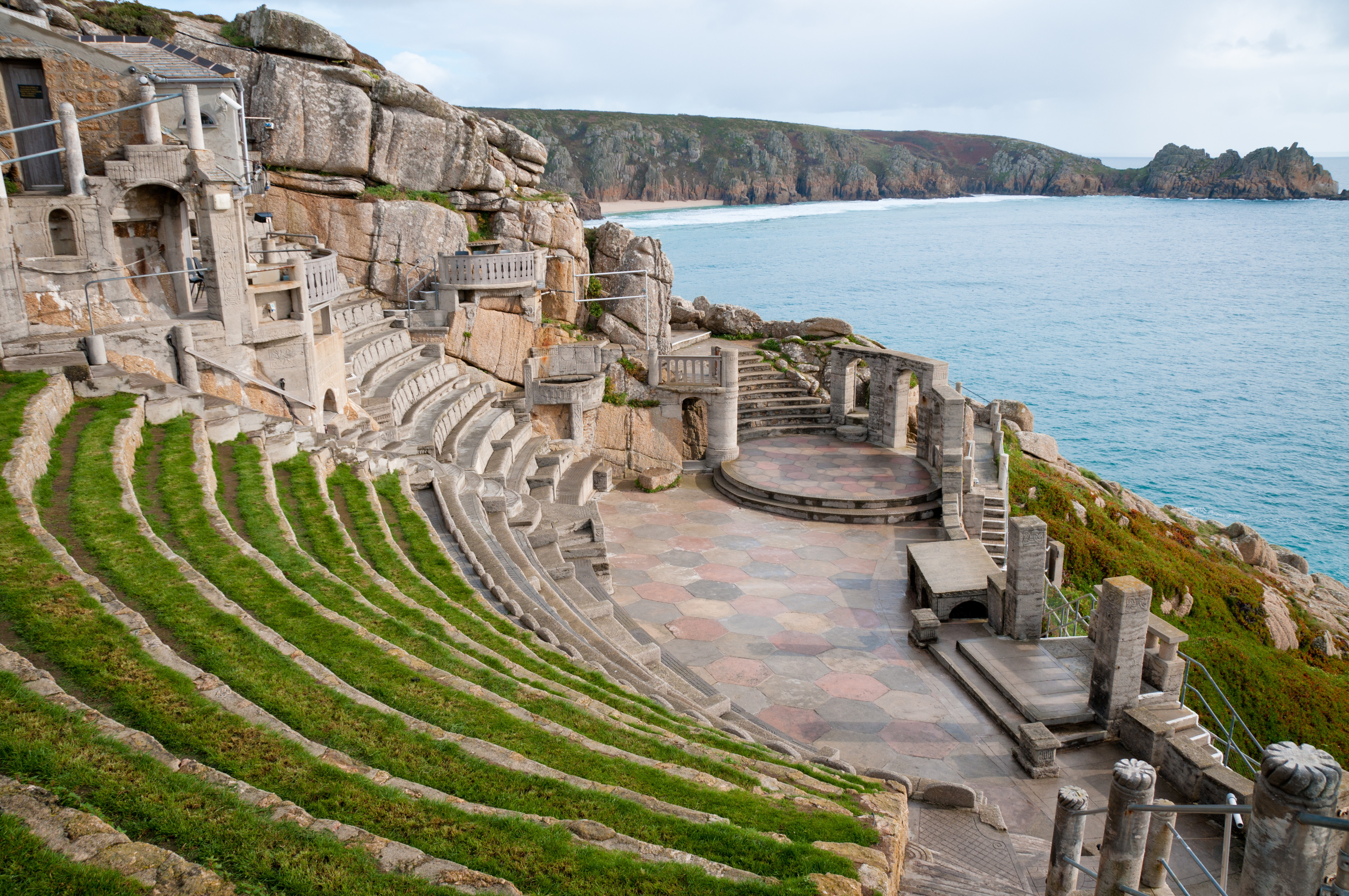
The best open air theatres in Britain
Amid the sweet chestnuts, walnuts and cobnuts of a Suffolk farm, a natural amphitheatre has been transformed into a glorious

Alan Titchmarsh: How to grow exotic flowers in English country gardens
Alan Titchmarsh shares his tips on bringing exotic blooms to life in the gardens of Britain.

Alan Titchmarsh: The best coastal flowers, and the relief of finding that old age and a treacled memory haven't claimed me yet
Our columnist Alan Titchmarsh on the beauty of the coastal flowers that dot our shoreline — and never more spectacularly than
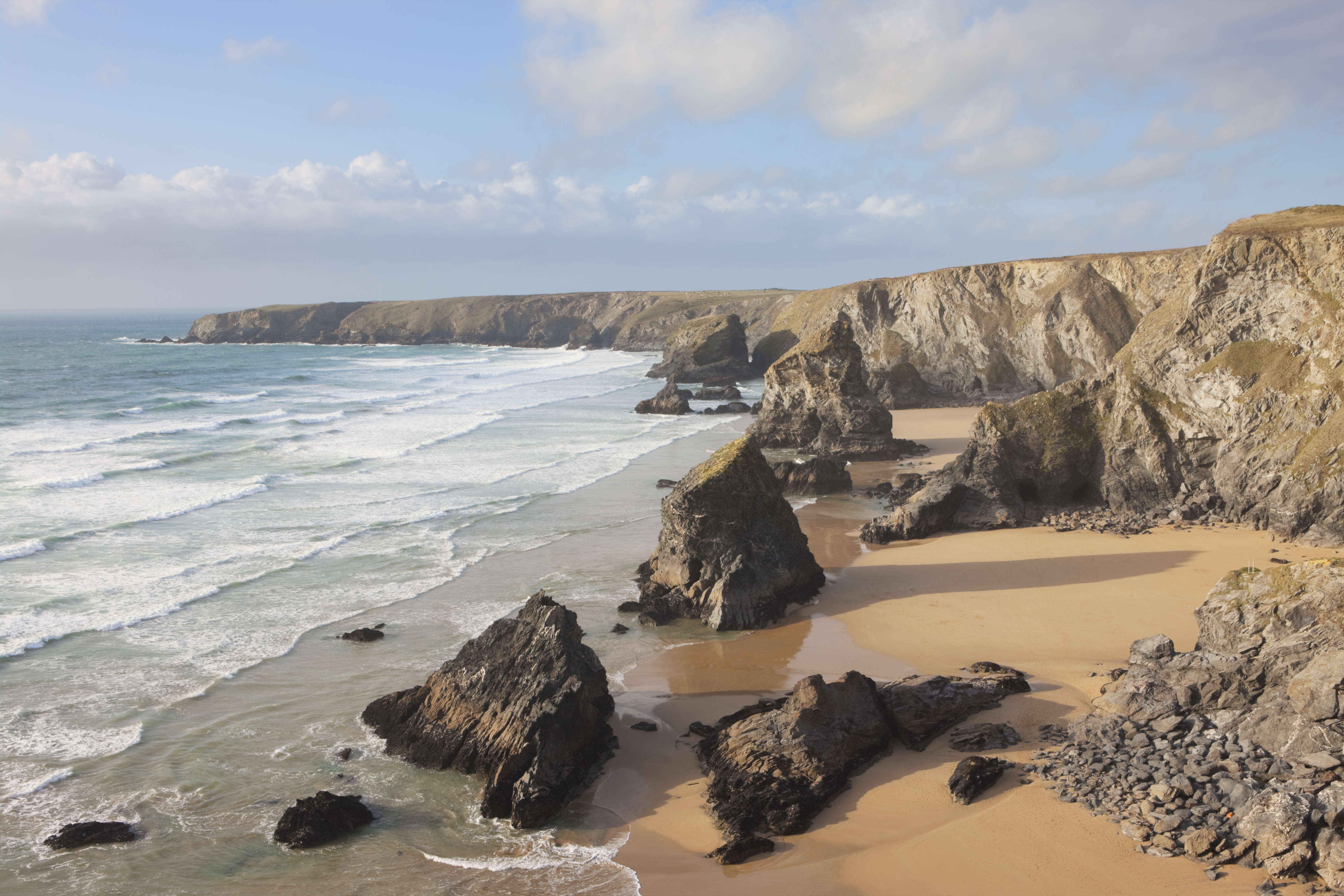
Credit: Getty Images
North Cornwall or South Cornwall – which is the place for you?
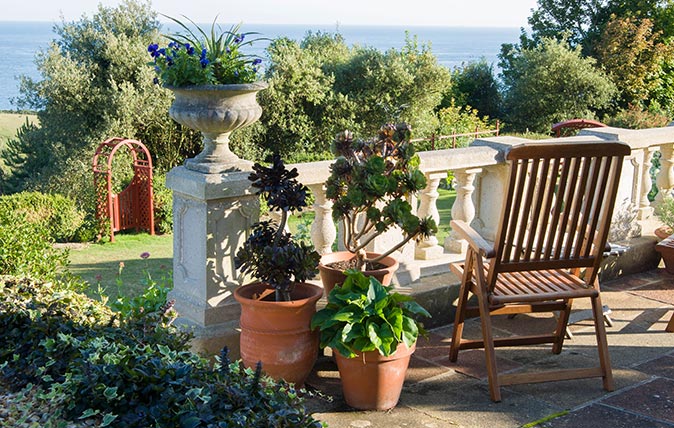
Credit: Alamy
Alan Titchmarsh: It'll astonish you what you can grow – and grow well – in a garden by the sea
Alan Titchmarsh has always loved coastal gardens, but it wasn't until he ended up with his own a few years
Kate is the author of 10 books and has worked as an equestrian reporter at four Olympic Games. She has returned to the area of her birth, west Somerset, to be near her favourite place, Exmoor. She lives with her Jack Russell terrier Checkers.
